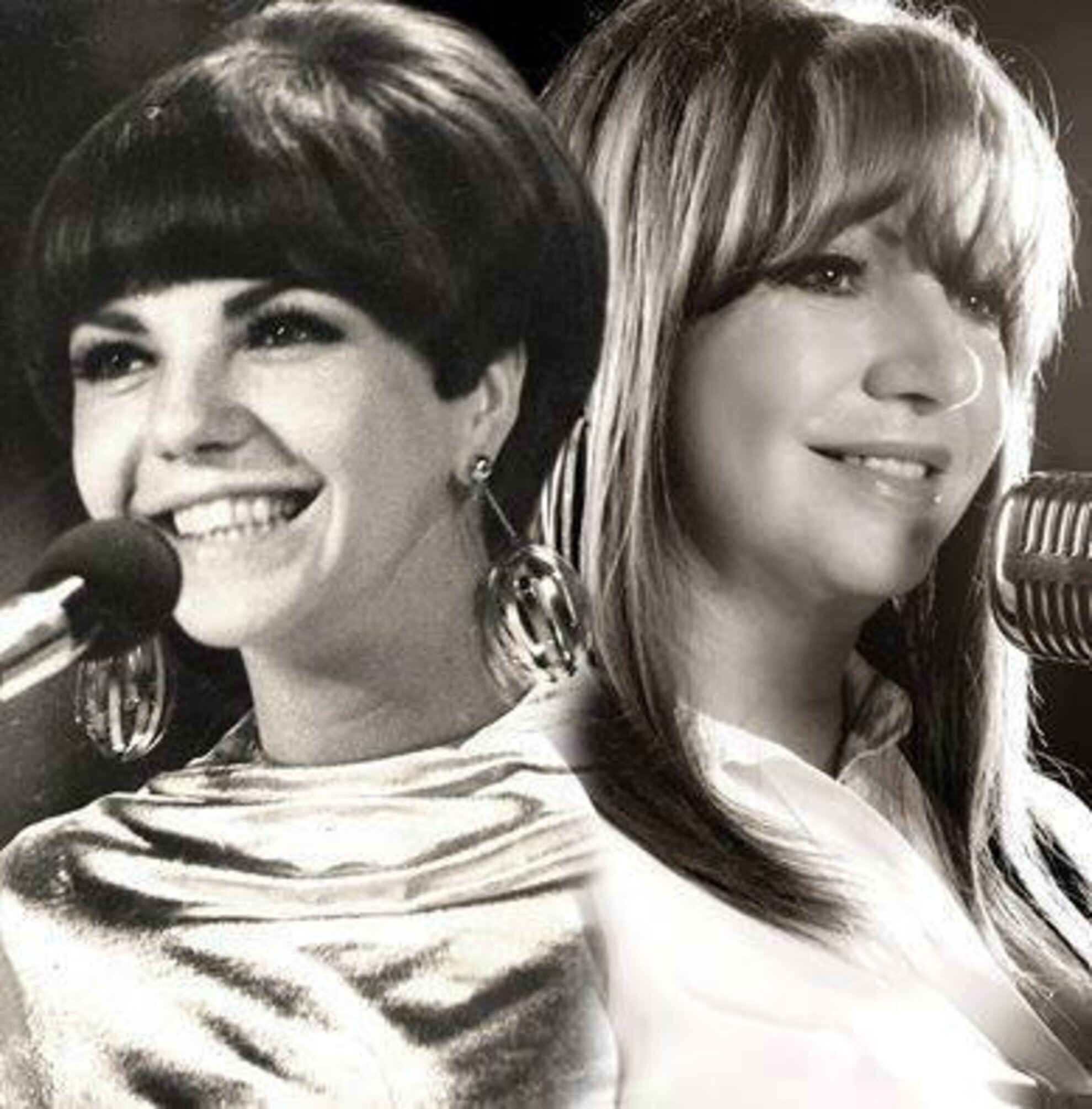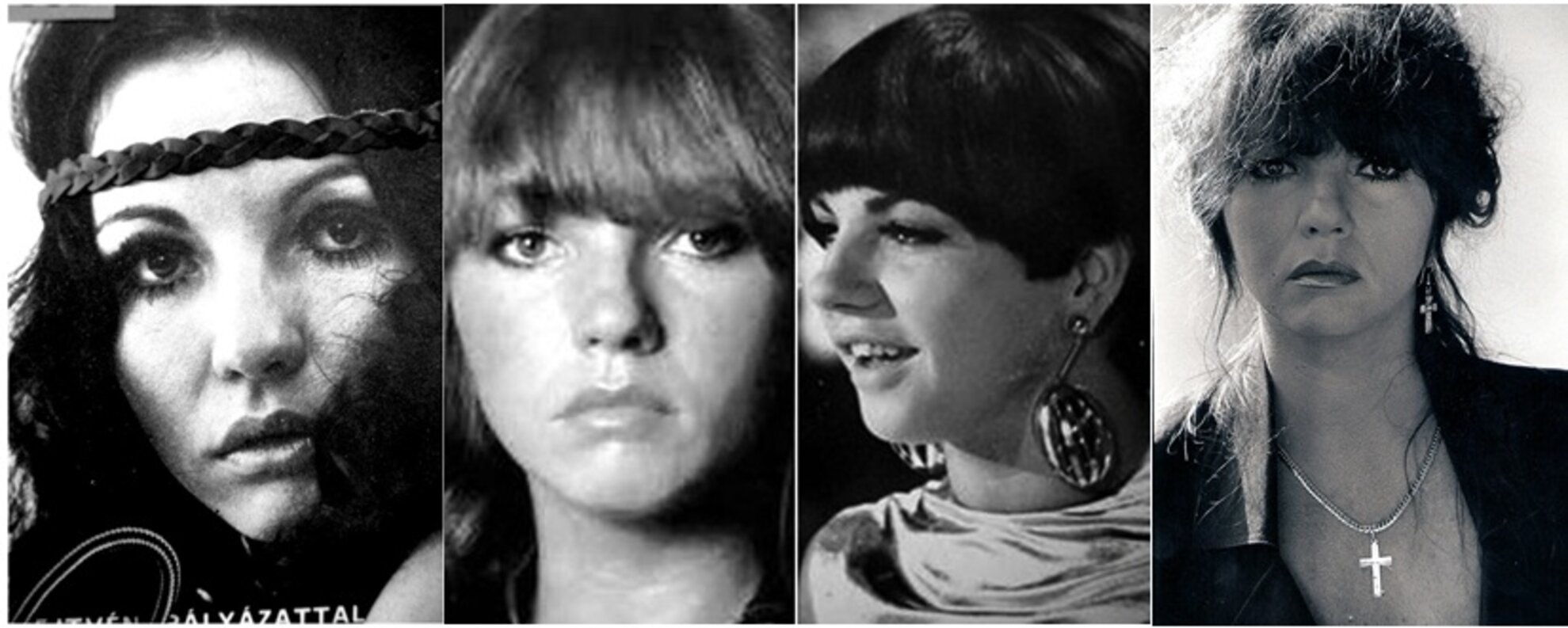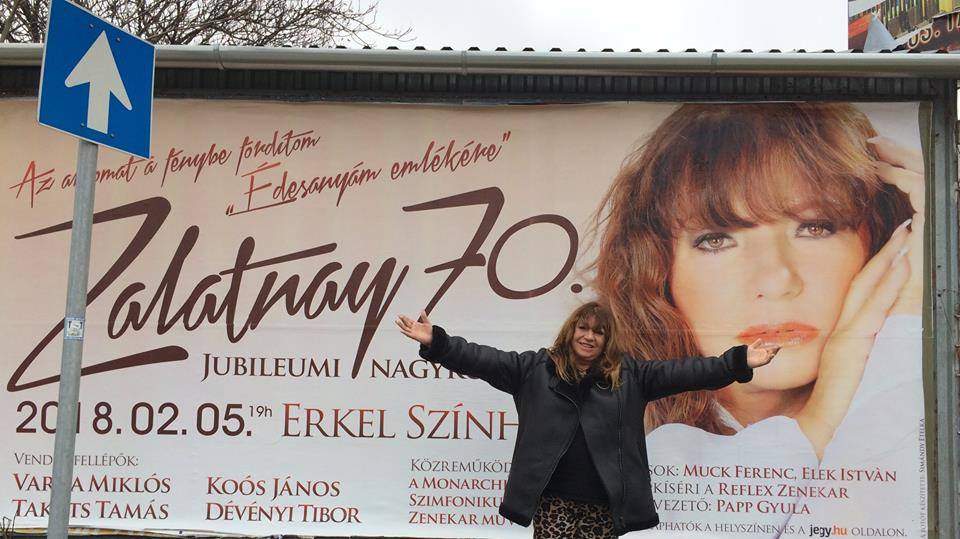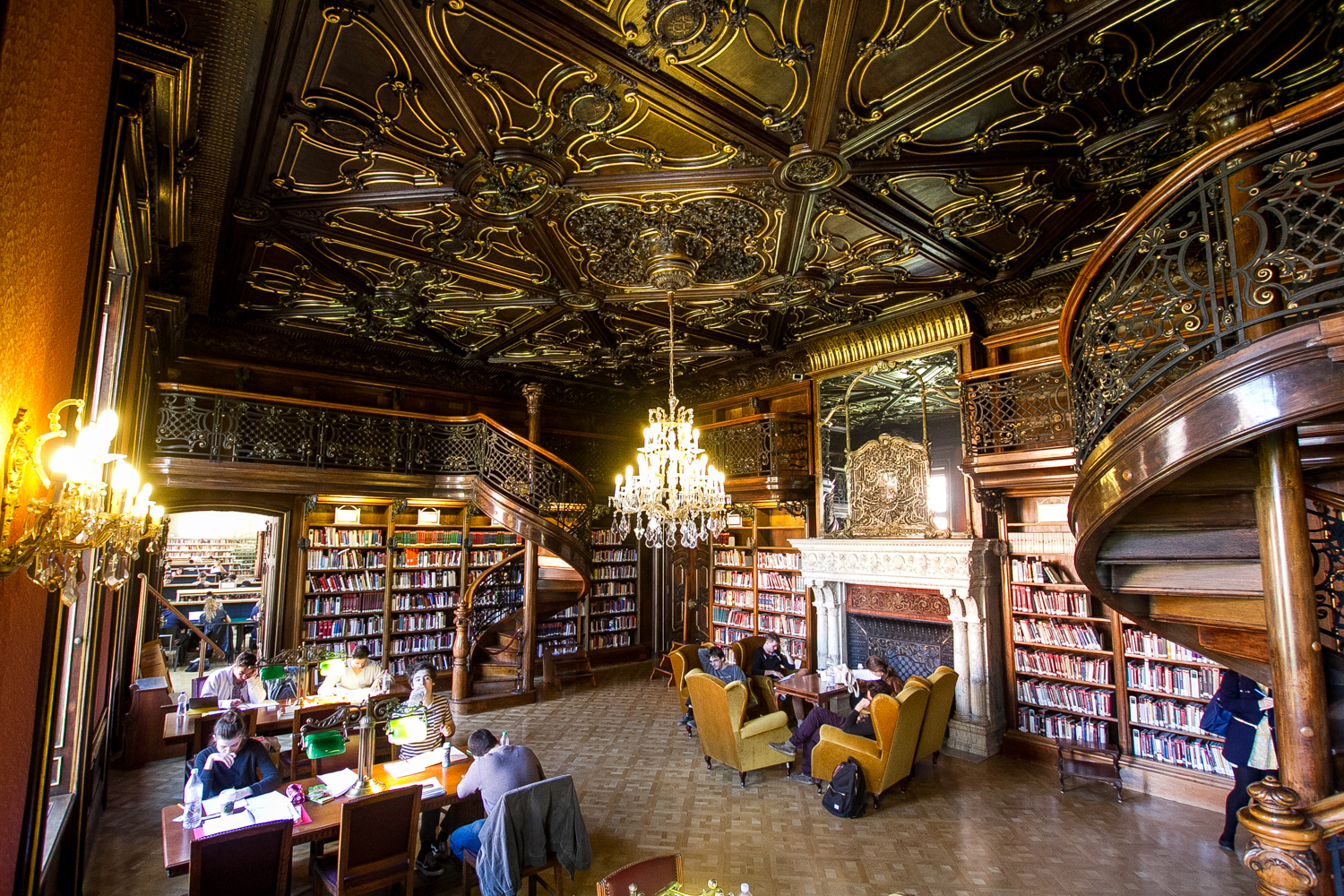Pop heaven is ephemeral. It’s the Beatles playing in a train guard’s van, it’s the opening bars of “California Girls”, it’s a hook, a heart-melting melody, a life-changing force, all in three minutes. Here in Hungary, for a moment in time before being exported to 1960s’ London, it was Sarolta Zalatnay. The Budapest-born singer burst onto the stage in TV’s “Táncdalfesztivál”, then performed with England’s best before the Iron Curtain claimed her back. This Monday, February 5th, at the beautifully renovated Erkel Theater, Zalatnay gives a special 70th birthday concert. We met her backstage to talk about her life, her music and swinging London.
It’s a performance that never loses its magic. One sultry St Stephen’s evening in 1967 at the Erkel Theater, singer Sarolta Zalatnay takes the stage with backing band Omega, and storms through her version of Nem várok holnapig. Aptly, the title translates as “I Won’t Wait Until Tomorrow”.
Catchy, compelling, commanding, Zalatnay seizes her moment. She wins over the audience, wins Táncdalfesztivál ’67 and wins a dream ticket to happening London thanks to a well-connected impresario in the audience that night. She was 19.
Fifty years later, a whole lifetime behind her, Zalatnay is back at the same theater, rehearsing for her 70th birthday concert to take place here on February 5th.

“For me this a very special show,” says Zalatnay, in the near faultless English she learned in the boutiques and music studios of London in the late 1960s. “I’ve dedicated it to the memory of my mother. She always stood by me, no matter what. Even when I told her that I was no longer a pop singer but an out and out rocker. The only time she ever put her foot down was when she insisted I sing Fák, virágok, fény (“Trees, Flowers, Light”) for Táncdalfesztivál 1971. It won it hands down. That’s why I’ve given this upcoming concert another title, Az arcomat a fénybe fordítom: “Turning My Face Towards the Light”.
In between her two Táncdal victories, much had happened to Cini, as she is known to all.
Whisked away from Communist Hungary on the proviso that the authorities could recall her at any time, Zalatnay threw herself into the London music scene. Under the wing of Robert Stigwood, the Australian pop mogul who would later engineer hit film Saturday Night Fever and launch the career of John Travolta, Zalatnay fell in with stablemates the Bee Gees, hanging out with the likes of Cream and the Spencer Davis Group at the Marquee and the Speakeasy.
“London was so beautiful then,” remembers Zalatnay. “I was just happy singing. I wanted to become famous. There was so much freedom. Too much freedom…”
Táncdal ’67 not only provided a big break for Zalatnay. The tune that won it for her, originally a dreary ballad by old-school songsmiths Júlia Majláth and Kálmán Fülöp, was completely reworked by a certain Gábor Presser. Still only 18, having grown up in the same Dob Street building as Rezső Seress of Gloomy Sunday fame, Presser knew a thing or two about musical arrangements.
Nem várok holnapig was transformed into a belting plea, a force of nature, blasted out as if Zalatnay’s life depended on it. It also justifies the later epithet given to her: the Hungarian Janis Joplin.
A curiosity from behind the Iron Curtain, in the UK the Magyar Joplin made three records, duetted with Cilla Black and appeared with Lulu and Dusty Springfield. Then came James Bond.
“They offered me a role in the next Bond movie,” says Zalatnay. “When the Hungarian Embassy in London heard about it, they approached me immediately. They gave me a choice. Either I came home or I stayed away forever. I wasn’t thinking straight. Even though she had come over to London to visit me, I didn’t want to leave my Mum. I chose to come home.”
Omega, and later Presser and LGT, had the luxury of playing live in London and elsewhere, a mini Magyar revolution partly pioneered by Zalatnay. She, meanwhile, released a string of albums for the domestic market, made the odd movie appearance and turned an unfortunate corner or two. The Bee Gees became world megastars.
“My greatest regret was not staying in London,” Zalatnay now says.

For a while, Zalatnay’s notoriety overshadowed her fame. During this interview, a fan dashes in to have her sign a T-shirt featuring the famous cover she did for Hungarian Playboy, its best-selling edition. Today she is a curiosity in her own land, a living example of pure Hungarian retro, playing shows for Magyar communities in Hungary, Slovakia, Transylvania and North America.
“People come up to me and say that they fell in love to this song, got married to that tune, and divorced to this record. It’s like I have three generations of fans.”
A studio album is planned but these days all the money is in live performance.
“Without music, without these songs, I would be a very old lady indeed. Being on stage keeps me alive. I don’t have to worry about getting old or dying.”
Sarolta Zalatnay 70th Birthday Show, Monday, February 5th, 7pm.
Erkel Theater
Address: Budapest 1081, II. János Pápa tér 30 More details




